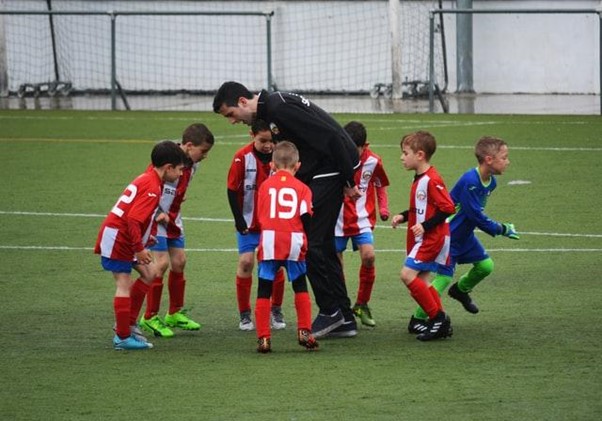A key focus of my blog is Athletics/Sports. One of the most meaningful capacities one can serve in is as a coach. You get to teach your craft and impact lives at the same time. The following contributed post is entitled, Becoming A Highly Effective Coach.
* * *
There is something about great coaches that sets them apart from the millions of others. It’s not just their track record that is a testament to what they do. Each of the players that leave their coaching and go on to bigger things is proof of their skills.
Great coaches usually have assistant coaches that make everything run smooth too like Joe Tumpkin, Jim Knowles, and Tosh Lupoi.
But what are the habits that effective coaches employ to make sure that they maximize the abilities of their team?

Photo by Adrià Crehuet Cano on Unsplash
Practice does not make perfect
While there is some truth in saying the more you do something the better you get, there is a big difference between doing something and doing it well. Highly effective coaches are looking for performance practices. This means that they are encouraging and ensuring their team is performing at each practice, not just doing the same thing over and over.
In sports terms, and in business terms this means approaching everything as if it were go-time.
Leading
Your team will look up to you, and they will take much of their behavior and approach to both the game and outside of the game from you. To truly lead, you need to be aware of the impact you have – what you say will make a difference. But what you do will stick with them forever.
Great coaches aren’t just focused on the game, but they look at the whole player, and the whole team – what can they improve, how can they get the best from them – and perhaps most importantly what type of role model they need?
Ahead of the team
A true passion for the sport, and not just the teams that matter directly to what you do. Politics at the highest level of the sport. The news and reports from the big players. It’s not just your own team that you need to stay ahead of, you should also be factoring in other coaches.
The internet has a wealth of resources and news items, and you can use them to give yourself a competitive edge. At the end of the season, instead of kicking back for a while, it is the ideal time to travel and speak to other coaches at all levels. Watch off-season games, and see how they do it elsewhere.
Individuals
A good coach will tell players who aren’t performing, as usual, to do better. A great coach will still make a point of understanding the individual’s challenges, and how that can impact their games.
Not only that, but when you spot a player that isn’t meeting their full potential it is your job to find out how you can unlock that for them. So that they can be the best version of themselves.
Each of the individuals in the team makes up the strength, and where there are weaknesses or untapped potential the entire team will feel these effects.
One of the biggest threats to athletes is injury, and part of effective coaching is knowing when your players need to back off and rest: The Recovery Lessons We Can Learn From Professional Athletes.
